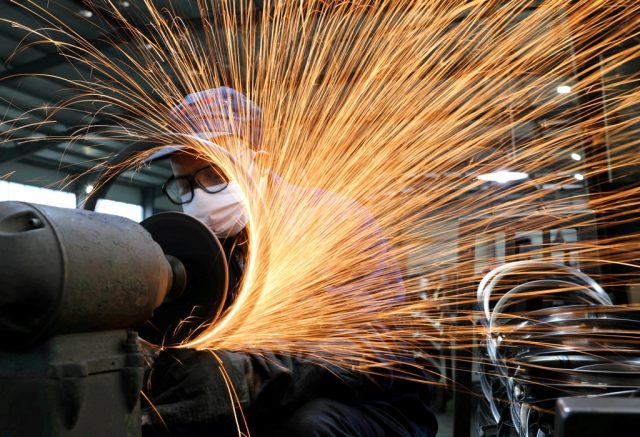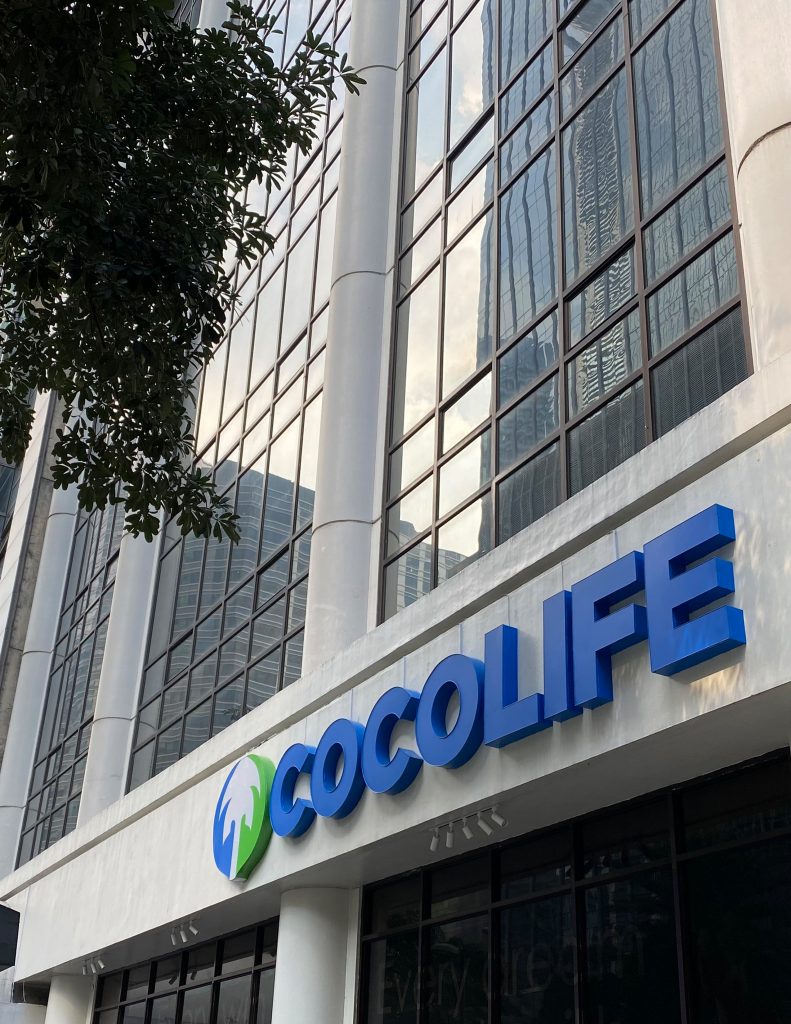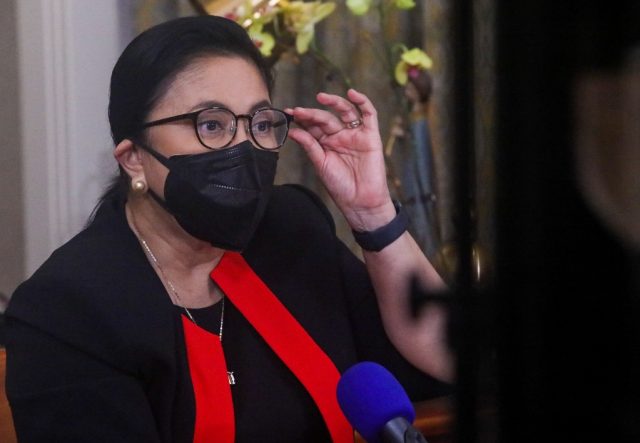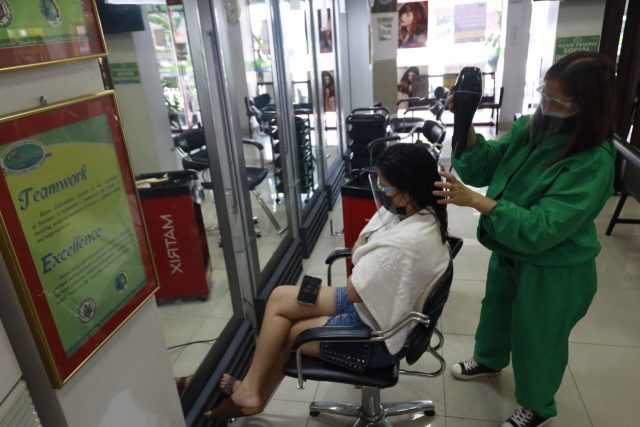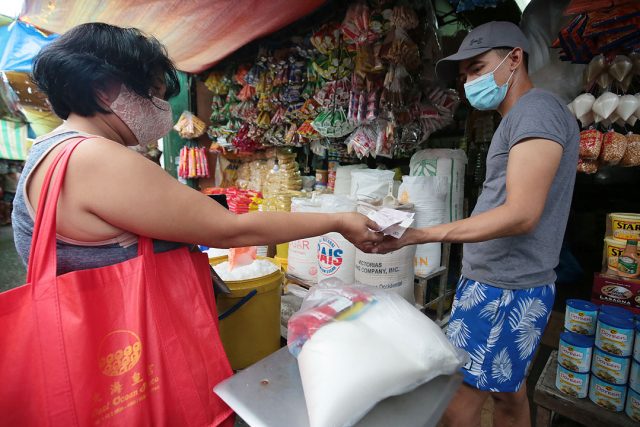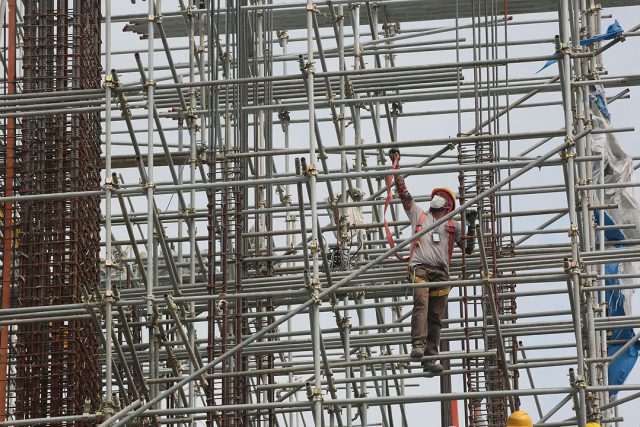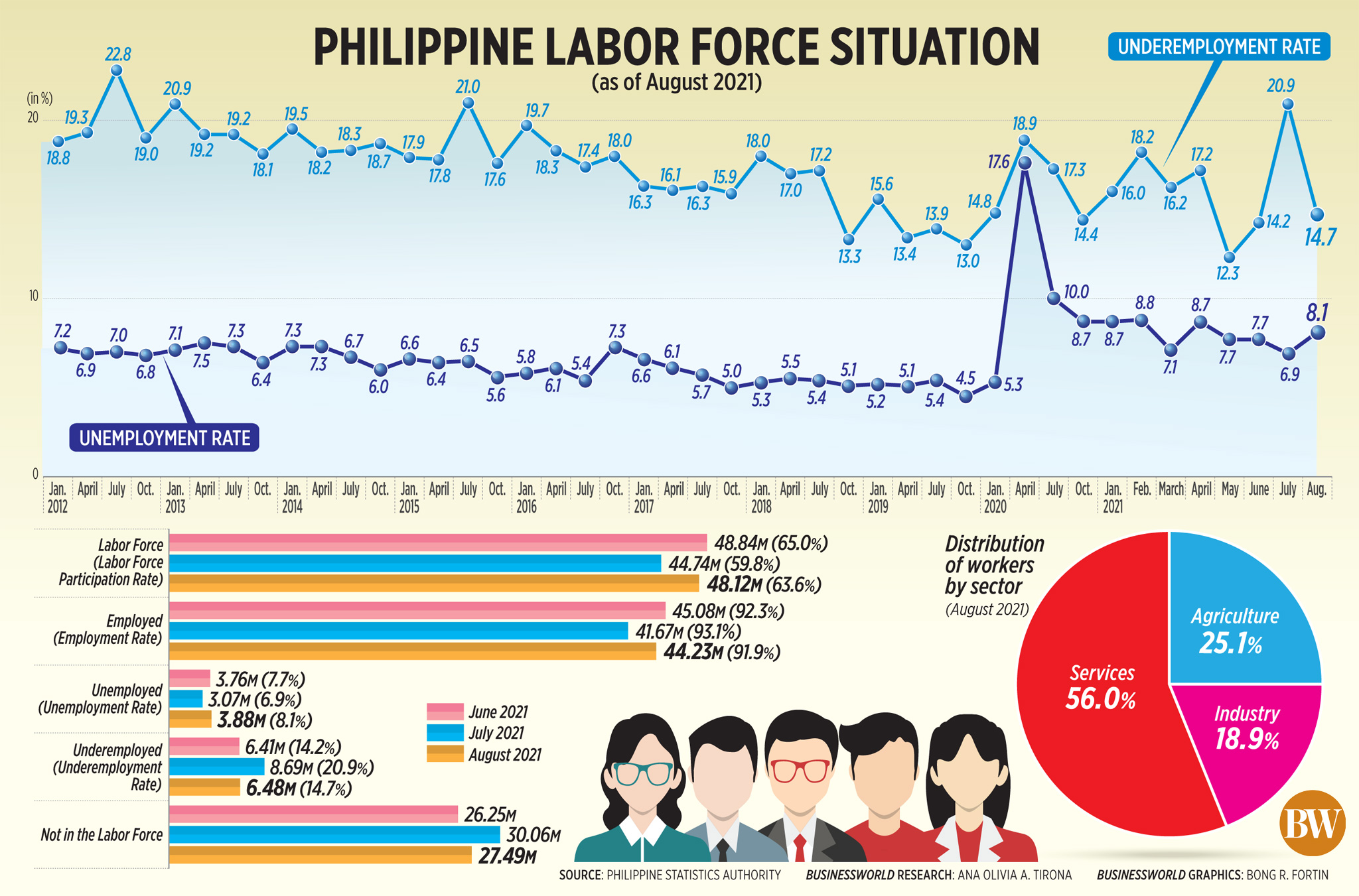BPI-Philam evolves to ‘BPI AIA’ to bring Filipinos a global insurance experience
BPI-Philam, a strategic alliance that allowed the AIA Philippine American Life and General Insurance Company (AIA Philam Life) to offer insurance through the Bank of the Philippine Islands (BPI), has unveiled its new identity as BPI AIA. As a redesigned brand, it will use its global heritage to fulfill its commitment to provide accessible, affordable, and personalized insurance for Filipinos.
Founded in 2009, the firm is among the top insurance companies in the country recognized by the Insurance Commission. Bank partner BPI is the first bank in the Philippines and Southeast Asia, with a heritage of solid trust, financial strength, and innovation over the past 170 years. Then-AIA Philam Life, meanwhile, is a market-leading insurance company for over 70 years. It is under the AIA Group, the largest independent publicly listed pan-Asian life insurance group, with a presence in 18 markets across Asia Pacific. Having recently renamed to AIA Philippines, BPI-Philam evolves to follow suit.
The change is a move to align with the bigger umbrella that is the AIA Group, a name practically synonymous with the insurance industry for over a century now. Along with the name, the rebranding entails a streamlining of systems and processes as well as development of new ones that will seamlessly elevate the service experience that the company provides its clients. After all, BPI AIA not only bears the name of two industry giants but also carries within itself their combined values, expertise, and commitment.

“We are truly excited to venture into this new chapter in our journey. The challenges we all experienced in the past year brought unprecedented changes to our customers’ lives, and as their life protection partner, we also evolve to deliver the support they need and deserve. As BPI AIA, we’d like to assure our clients that this initiative only strengthens our company’s stability and commitment to service, so they can brave the new world and face a new tomorrow,” said BPI AIA Chief Executive Officer Surendra Menon.
Policyholders can expect to continue to enjoy all the benefits and privileges of their policies bought under the BPI-Philam brand with an ever increasing range and standard of services geared to how their lifestyles are changing in the evolving environment at the speed that is comfortable for them. This includes all rewards earned and can be earned for products with AIA Vitality. Any concerns by policyholders can be easily raised with their respective points of contact for appropriate resolution.
BPI AIA ultimately aims to close the protection gap in the Philippines through its comprehensive life, health, and income protection plans, while encouraging clients to live healthier and bring their dreams to life. More information about the company and its products is available at the official Facebook page or via the virtual assistant Bessie (via Messenger). Customers can also visit the website.
Spotlight is BusinessWorld’s sponsored section that allows advertisers to amplify their brand and connect with BusinessWorld’s audience by enabling them to publish their stories directly on the BusinessWorld Web site. For more information, send an email to online@bworldonline.com.


